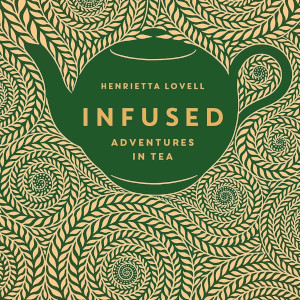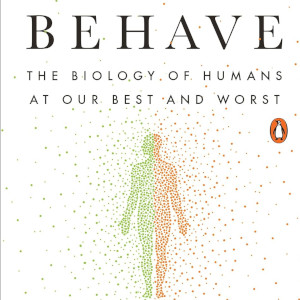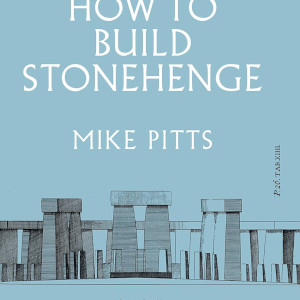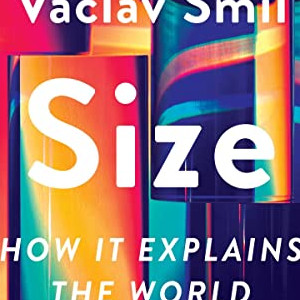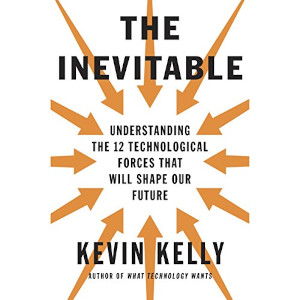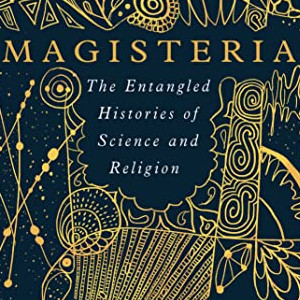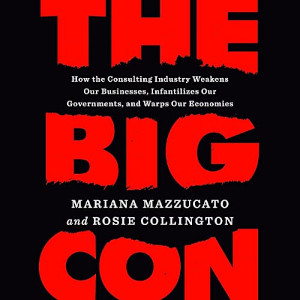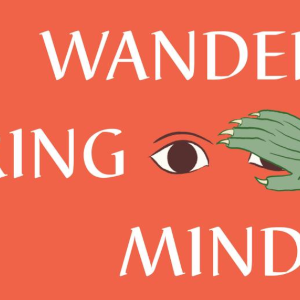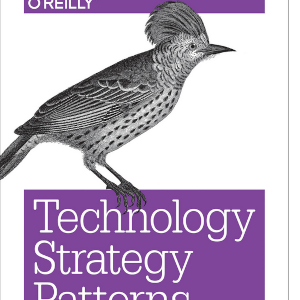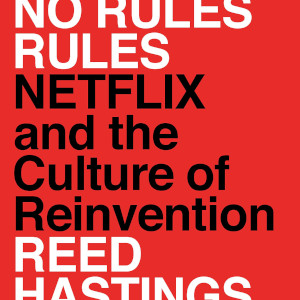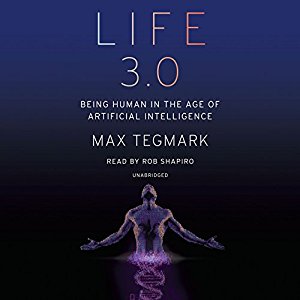An impressive book that takes tea sufficiently seriously, serving valuable recommendations on teas to try and pairings to explore.
A solid system of taxation is one of the major indicators for the success of power structures
Chris Wickham – Medieval Europe
Rich and fascinating deep-dive into an under-estimated millennium.
It is easy to fall under the spell of a charismatic and brilliant maniac who is convinced he has mankind’s best interests in mind
Even if multiple views are presented, Elon’s perspective gets most airtime and the final word; which makes the book read like a hagiography.
For every writing-fiction-rule you can come up with, there is a brilliant Chekhov story that disproves it
Reading like a writer – Francine Prose
Lot of examples of great prose, but too few examples of bad writing.
The relationship between biological make-up and human behavior is governed by complex interaction effects
The author set out on a daunting program with impressive results in a fascinating domain.
We tend to underestimate the capabilities of our neolithic ancestors in the domains of engineering and social organization
Mike Pitts – How to build Stonehenge
The book reads as a detective, exploring what we know and what we can reasonably conjecture about the creation of Stonehenge based on the archeological record and examples from indigenous civilizations.
Gothic architecture brought major innovations in the construction of cathedrals, using the frame (rather than the walls) to support the weight
Malcolm Hislop – How to build a cathedral
Fascinating in the thorough treatment of technical details of architecture and construction.
The impact of scaling on the functioning of biological and technical systems is profound
The book continues to drift between wonder about the world and weakly motivated bias towards human scale, which is a pity because it cites some elegant analyses.
Normandy is the place to be for any painter with a fascination for light
Claire Maingon and Hélène Rochette – Le grand guide de la Normandie (in French)
Charming take on a tourist guide, revisiting the favorite spots of impressionist painters to recreate their magic.
Through an anthropological lens, the English can be characterized as a withdrawn, class-conscious, ironic, understatement-loving and uptight tribe, whose members loosen up only in the pub
Kate Fox – Watching the English
Light read with amusing observation, stretched out over slightly more pages than necessary to convey the message.
Phrenology started out as an honest attempt to study the brain scientifically, but evolved away from the scientific method and was put to despicable uses
Theo Mulder – De hersenverzamelaar (The brain collector, read in Dutch)
The book is mostly written from the historical perspective free from contemporary judgements, which allows the writer to tell a nuanced story on a sensitive topic.
There are no less than 12 primary imperatives that explain how the evolution of technology creates economical, cultural, and social value
A brave attempt to put up a framework for assessing technological innovations, that is rich of ideas, which are in many cases [in 2023] still relevant (e.g. Cognifying in the light of GenAI), but sometimes feel out-dated (e.g. Sharing is a post-truth world).
The histories of science and religion are intricately entangled and the conflict between the two is over-emphasized
The author underplays the role of religious power structures in suppressing novel scientific ideas that go against traditionalist dogmas, which makes the book read more like a christian apology than a balanced historical narrative.
The Mediterranean has been the pivotal connection between great European, North African, and Asian cultures and economies
David Abulafia – The great sea
The best parts are the details (e.g. on laws governing responsibilities at sea in medieval times), but these facts buried in a thorough, impressively complete historical overview.
Various scandals illustrate the despicable role that big consultancies play in the global capitalist system, while they try to reap benefits of their worthless services by applying dubious marketing and sales tactics
Mariana Mazzucato and Rosie Collington – The big con
The book paints a naive caricature of the consulting industry, downplays the role and responsibility of other actors and, unfortunately, lacks a realistic alternative for flexibly solving skill and capacity deficits (especially in the public sector); thereby undermining any justified concerns.
There are many documented anecdotes illustrating that Medieval monks were only human and struggled with focus and concentration
Jamie Kreiner – The wandering mind
The book loses a lot of specificity and power due to the suppression of differences in denomination and gender and even more because the writer does not really seem to have a clear point to make.
To counter the Big Evil of the New York Times you should put the truth on the blockchain ledger and solve world politics through technology
Balaji Srinivasan – The Network state
Some fair nuggets of socio-economical diagnosis mixed with personal pet-peeves and drained in a techno-utopian rant.
Classical strategy consulting ploys translate seamlessly to the language of IT architecture
Eben Hewitt – Technology Strategy Patterns
The ‘cookbook’ approach does a lot to demystify Strategy and Architecture, while the digressions into philosophy make the relatively basic content also palatable for the advanced reader.
If the talent density in your organization is high enough and your corporate culture strong enough, you could give extreme freedom to your people to increase te level of innovation
Reed Hastings and Erin Meyer – No Rules Rules
Pretty strong boundary conditions need to be fulfilled in order for this scheme to work; including broad acceptance of a high level of interpersonal ruthlessness.
There are a huge number of ways in which Artificial General Intelligence (AGI) can take over the world, rendering humanity essentially useless
Nov. 2017: Interesting exploration of the implications of AGI, faulted by the typical preference of Analytical Philosophy for construction of intricate, highly theoretical scenario’s, under-emphasizing basic challenges (in the case of AGI: lack of robustness / antifragility).
Jun. 2023: The writer has leveraged the recent rise of LLMs like ChatGPT to further fuel fear about an AGI break-out – even though other AI-related risks require more imminent attention.

